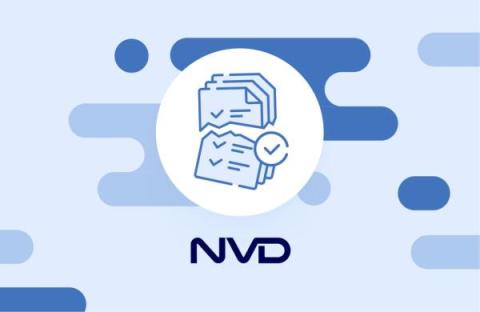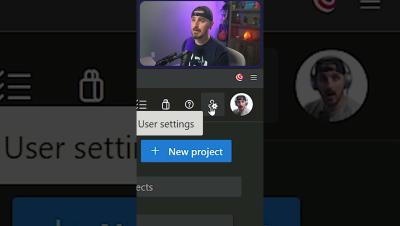Proactive network management with strategic scheduling of DNS and DHCP objects and reports
In the complex and often fluid world of network management, the ability to swiftly adapt to changing requirements is paramount. This is especially true in scenarios involving temporary projects, testing environments, or seasonal events that generate unusually high traffic. Using ManageEngine DDI Central, you can schedule the activation of DHCP objects—like subnets, shared networks, host or DHCP reservations, client classes, and DNS changes—at specific times, making a significant difference.










